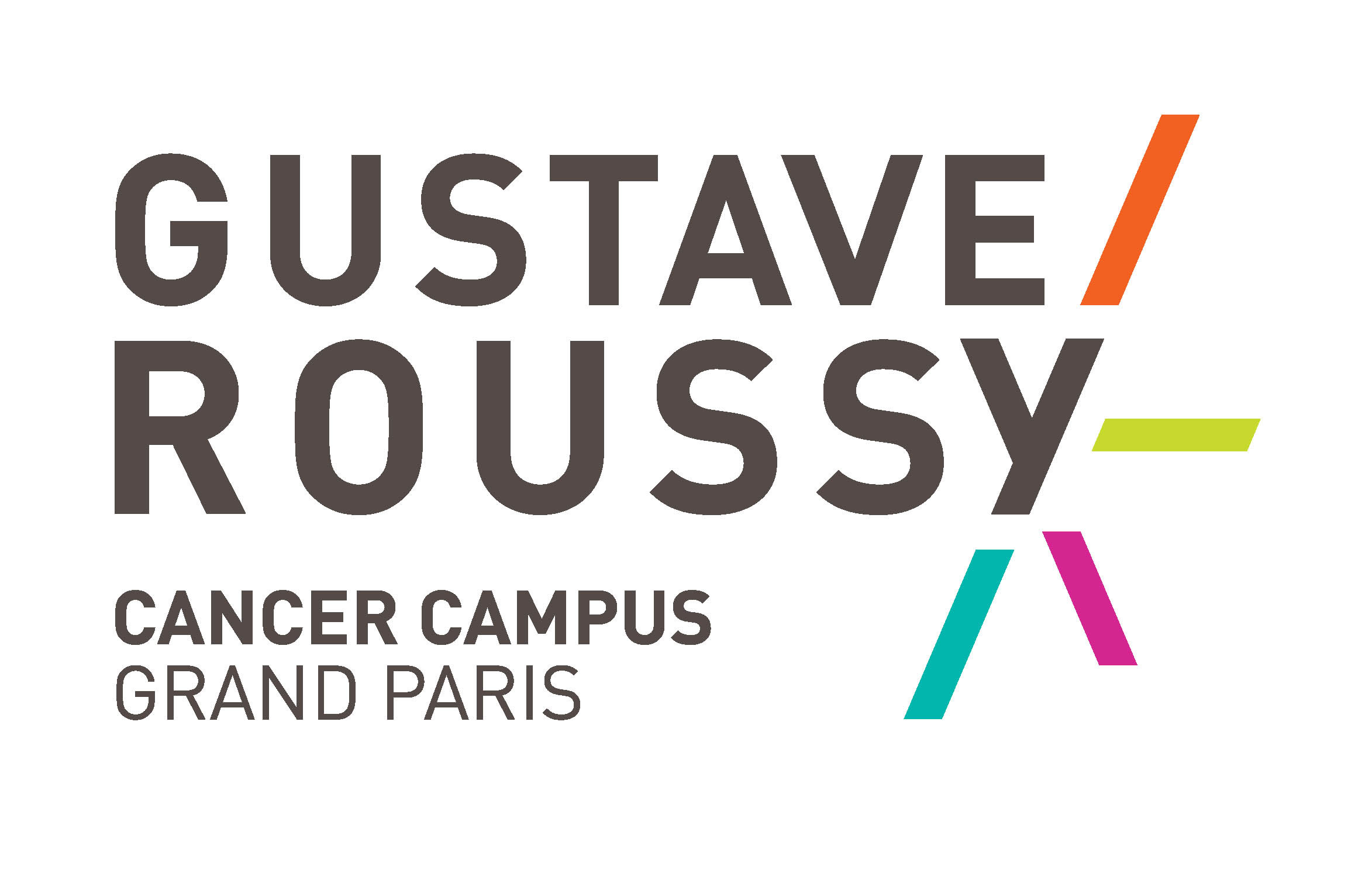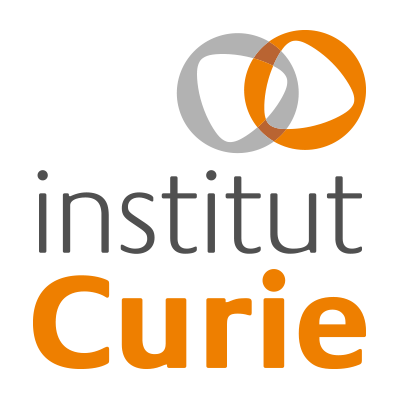
Our Precision Oncology Program includes all the services necessary for selecting the most appropriate personalized treatments for the patients. The Program is a new medical procedure supported by the special medical software developed by Oncompass.
The process of the program is as follows:
Consultation
Several factors are considered when planning a program for which we provide either online or in-person consultation. We assess the available clinical data, any previous molecular diagnostic results as well as patients' needs and options. There is no physical examination during the consultation and thus any patients can be represented by an authorized contact if needed.
Tumorboard I. - Molecular Oncoteam
Program planning
Our Tumor Board determines the necessary molecular diagnostic tests tailored for the patient's case. The board is made up of 8-10 members including clinical oncologists, genetic counselor, molecular tumor biologists and molecular diagnostic experts. The board is ultimately responsible for deciding on which genes to test from which available samples by what types of methods while considering deadlines.
Sample logistics
Our colleagues contact the pathology of the hospital that holds the patient's tumor sample and request the one likely suitable for molecular testing based on the tumor board's recommendation. If there is no suitable sample available, we can arrange a new biopsy.
Quality check — DNA quality check
Sample suitability
Prior to DNA isolation, an expert pathologist checks the tissue sample received for suitability. The isolated DNA is then assessed for both quality and quantity measures. In case the sample is not appropriate for testing, we discuss the options of using older samples or arranging a new tissue or liquid biopsy with the treating physician.
Molecular diagnostics
The goal of molecular diagnostics is to identify the disease causing gene defects that the tumor harbors.
Of the 25,000 coding human genes, 600 are associated with tumor development. On average 4-5 different genes mutations per tumor are responsible for uncontrolled cell division. Therefore a detailed genetic profiling of a given tumor is necessary for making the right therapeutic decision. The more mutations are present in a tumor, the harder it is to select for molecular targets.
A detailed molecular profile is necessary to be sure to select the most appropriate targeted treatment.
Molecular pathology report
Identifying the molecular target
Using our AI-based, award-winning medical software, we can determine the molecular targets based on the genetic alterations. At the end, based on these results, we prepare the molecular diagnostic report.
Molecular Interpretation - Report
Digital therapy planning
Digital therapy planning (DTP) refers to the personalized treatment and immunotherapy planning using digital drug assignment.
Our multiple times award-winning medical software, used for DTP, is unique in being able to rate and prioritize targeted treatment options within 20 milliseconds in 405 tumor types, based on 52 000 mutations, 26 838 rules and 1417 compounds using up to date scientific evidence.
Tumorboard II.- Molecular Oncoteam
Digital Therapy Plan
The molecular tumor board summarizes the personalized treatment options for each case, which could entail either available registered drugs or compounds under development that might be accessible in local or international clinical trials.
When the treating physician is able to join the VMTB, an agreed treatment strategy decision is made on the spot. When unavailable then an expert from the board contacts the treating physician post VMTB to come to an agreed strategy.
Clinical interpretation
Precision Oncology Opinion
Result disclosure is provided by an expert oncologist for our patients. This precision oncology consultation is not a replacement of contacting the treating physician for treatment strategy planning.
Therapy Access Program (TAP)
Follow-up, program planning
Upon request, Oncompass provides additional support for accessing off-label treatments and clinical trials in the forms of fullfilling professional, logistical or organizational tasks for cancer patients and/or their treating physicians.














